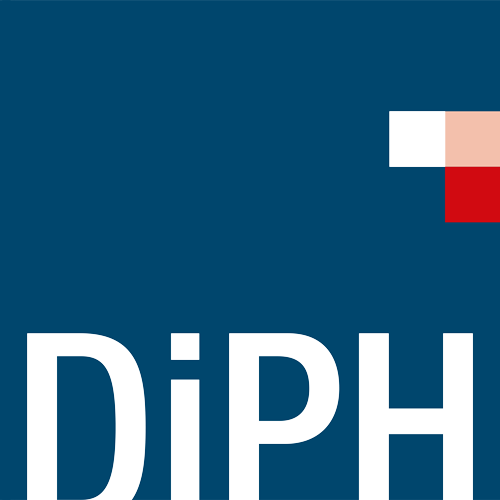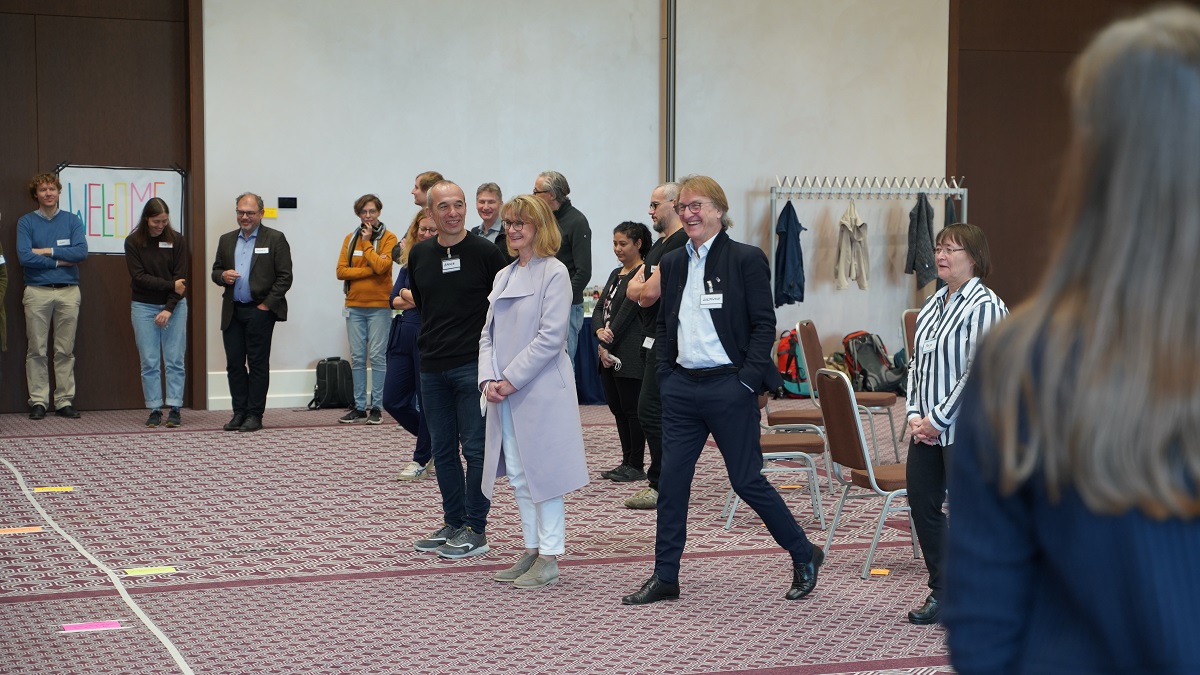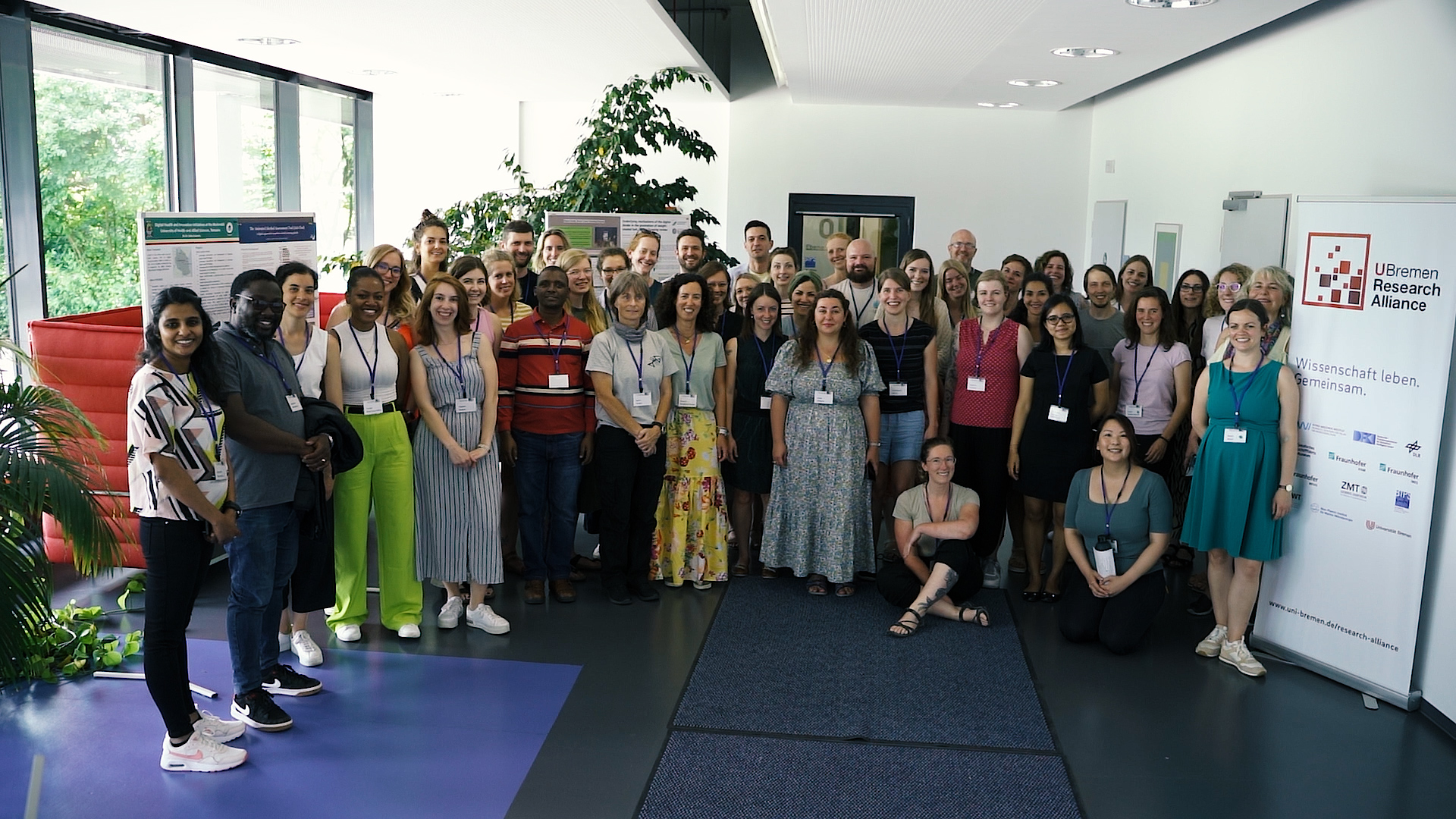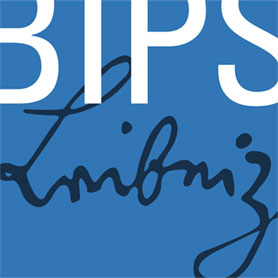About LSC DiPH: Shaping Digital Public Health
The Leibniz ScienceCampus Digital Public Health (LSC DiPH) stands at the forefront of groundbreaking research, innovation, and collaboration in the field of digital public health. Our interdisciplinary approach unites experts from diverse domains to address the pressing challenges at the crossroads of public health and digitalization. Through rigorous research, strategic partnerships, and dynamic educational initiatives, we are driving the evolution of public health systems in the digital age. Join us in our mission to create equitable, accessible, and impactful digital solutions that foster healthier communities and transform the future of public health.
Scientific Advisory Board (SAB) & Stakeholder Advisory Board (StAB)
The Scientific Advisory Board (SAB) contributes strategic insight and feedback on the work program through regular progress reports shared during annual SAB meetings. Our existing SAB members have been invited to continue their engagement into Phase 2: Julia Dratva (public health, University of Applied Sciences, Winterthur, CH and University of Bale, CH); Dirk Brockmann (epidemiology/complex systems, Humboldt University and Robert Koch Institute, Berlin, DE); Garrath Williams (philosophy/ethics, University of Lancaster, UK), Anna Odone (public health, University of Pavia, IT), and Thomas Hain (computer sciences, University of Sheffield, UK).
The Stakeholder Advisory Board (StAB) comprises representatives from various sectors in public health (health insurance, technology/digital media, health economy, regional health and social policy makers). This board offers insights from user and stakeholder perspectives, influencing digital public health advancements.
Scientific Advisory Board (SAB) & Stakeholder Advisory Board (StAB)
The Scientific Advisory Board (SAB) contributes strategic insight and feedback on the work program through regular progress reports shared during annual SAB meetings. Our existing SAB members have been invited to continue their engagement into Phase 2: Julia Dratva (public health, University of Applied Sciences, Winterthur, CH and University of Bale, CH); Dirk Brockmann (epidemiology/complex systems, Humboldt University and Robert Koch Institute, Berlin, DE); Garrath Williams (philosophy/ethics, University of Lancaster, UK), Anna Odone (public health, University of Pavia, IT), and Thomas Hain (computer sciences, University of Sheffield, UK).
The Stakeholder Advisory Board (StAB) comprises representatives from various sectors in public health (health insurance, technology/digital media, health economy, regional health and social policy makers). This board offers insights from user and stakeholder perspectives, influencing digital public health advancements.
Leading Leibniz Institute

Leibniz-Institut BIPS
Health research for the well-being of the people
Institutional cooperation partners

University of Bremen
Bibliothekstr. 1, 28359 Bremen, Germany
T: +49 421 218 1 | www.uni-bremen.de/en


Fraunhofer Institute for Digital Medicine MEVIS
Max-von-Laue-Straße 2, 28359 Bremen, Germany
T: +49 421 218 59112 | www.mevis.fraunhofer.de

OFFIS e.V.
Escherweg 2
26121 Oldenburg, Germany
Tel: +49 4441 9722 0 | www.offis.de
Advised by: Prof. Dr. Lucia Reisch, Leibniz-Chair
The renowned social scientist and economist Prof. Dr. Lucia Reisch from the University of Cambridge holds a Leibniz Chair at BIPS since 2017 and is also advising the Leibiz ScienceCampus Digital Public Health. Leibniz Chairs express a particularly close relationship between an international researcher and a Leibniz institution.
Prof. Dr. Lucia Reisch is the El-Erian Professor for Behavioural Economics and Public Policy at the University of Cambridge. She is a behavioural economist and social scientist with a PhD in economics and social sciences (summa cum laude) and one of Europe’s leading academic experts in behavioural insights-based policies for sustainability. She has published widely cited papers on sustainable consumer behaviour, behavioural insights, and consumer and sustainability policy.
A special feature of Lucia’s academic work are interdisciplinary international research projects, often with partners from STEM, law, and psychology. These collaborations are mostly due to the large-scale European and national research projects she has attracted, all centering on behaviour change towards sustainable consumption and production.
Lucia brings two decades of experience with high-level policy consulting on consumer behaviour. She has been founding chair of the Advisory Council for Consumer Affairs of the German Federal Ministry of Justice and Consumer Protection (2014-2018). She has also been a member of the German Bioeconomy Council, the German Council for Sustainable Development (2010-2019), and a regular member of high-level scientific committees and ad hoc groups consulting for the German Chancellor on sustainability issues (e.g., the Ethics Commission after Fukushima, 2011).
Beyond the German government, she has consulted for international organizations (EU, OECD, UNEP, World Bank, Inter American Bank) and governments worldwide on making use of behavioural insights. She is a contributing author to the IPCC 6th Assessment Report (Chapter on demand-side policies). Her academic achievement has been rewarded with being elected as a lifelong member of the German National Academy of Science and Engineering.
Leibniz Chairs express a particularly close relationship between an international researcher and a Leibniz institution. They must be of high international reputation and have rendered long-term and special service to the Leibniz Institute.
Leibniz institutes can apply centrally for the appointment of the scientist to an honorary Leibniz Chair. In case of a positive decision by the presidium, the Leibniz Institute appoints the nominee - usually for a period of five years. See more.












